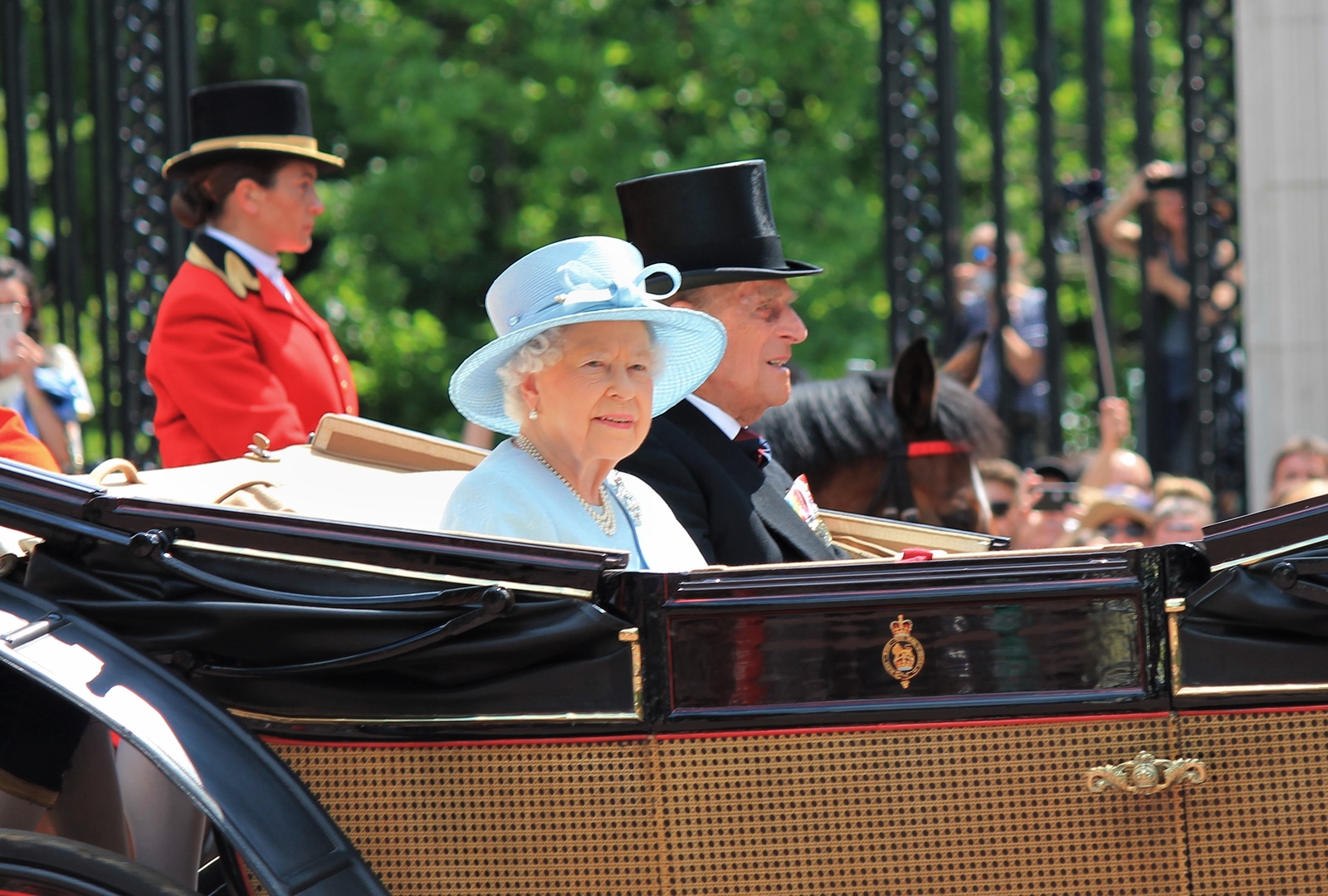
After indulging in the guilty pleasure of binge-watching season two of “The Crown” I was amazed at how little I knew about the history of the British royal family. While I appreciated that some details were likely spiced up to present the story in a more salacious manner, I was drawn into the plot line and enthralled by the characters and their exploits. This said, while I was enjoying the show I realized that “you can take the girl out of HR but you cannot take HR out of the girl”, as I kept associating the program with numerous lessons I could use within my own work. This led me to ask “What can we, as HR professionals, take from the show and specifically Queen Elizabeth II (the Queen), to challenge ourselves and the way in which we help others find meaning in their work?”
The Crown and the HR Lessons it Offers
I share the following (perhaps provocative and not readily popular) ideas that I took away through my interpretations of the show and invite you to consider how they can be applied to your responsibilities as an HR professional:
People will disappoint you but you must move on. (AKA, forgiveness is critical as well as steadfastness to your own values)
The Queen continuously encountered people who did not uphold their word and perform their duties as they had promised. Various prime ministers, her uncle, her sister, and her own husband were just some examples. Throughout these trials, her majesty remained strong and continued to focus on the importance of her role and responsibilities. Instead of falling into despair, becoming bitter, and holding grudges, she chose instead to forgive those who disappointed her, held true to her own values, took pride in her work, and set an example for others to follow.
Listen to the rebels. (AKA, change will occur and can actually save you, but only when you are willing to hear those who disagree with you)
Lord Altrincham’s criticisms of the Queen and the monarchy overall were, at the time, considered to be scandalous. However, her majesty’s willingness to listen to his ideas and change the way that the monarchy interacted with, and was perceived by others, is actually what saved the royal family. While not comfortable or easy, the Queen was open to hearing negative feedback from someone who was in touch with the people she intended to serve. Through implementing new ideas and not continuing to listen to the “yes people and the old guard”, the Queen and the monarchy were able to progress and grow.
Succession planning is not all it is cracked up to be. (AKA, people do not enjoy the thought that someone is waiting to replace them)
A striking moment in the series occurred when there were hints that the reason the Queen was not maternal and endearing to Prince Charles was that he was a constant reminder of her own mortality. While there was only a brief mention of this issue (again, showing that this was an uncomfortable topic to breach) it helped illuminate that it is not easy for a person to mentor and train someone to take their place. To properly do so requires grace, compassion and support from others and one should not assume that people are actively preparing for succession even when they appear to do so.
People viewed as threats can actually lead to improvements. (AKA, teamwork is great but competition is sometimes that only thing to push you out of your comfort zone)
The Queen was both taken aback and intrigued by the attention given to Jackie Kennedy. Not wanting to be upstaged by the first lady of the United States, and at the same time being inspired by her spunk and bravado, are what pushed her majesty to be bold and take action outside of her typical comfort zone. To this end, she insisted on travelling to Ghana to mend the relationship with the country, which was accomplished and involved engaging in a foxtrot with President Nkrumah. The perceived competition was needed to cause the Queen to (literally and figuratively) dance to a different tune.
Retreat and isolation can be helpful. (AKA, getting away from everything and everyone has a place and purpose).
The Queen recognized that she needed to attend to her own well-being and take time away from her official responsibilities. Time away in Scotland provided her majesty with the opportunity to reflect and plan. She was unapologetic for needing this respite and acknowledged that only by attending to her own well-being would she be able to properly serve others. The Queen grew stronger and more steadfast in her role due to the time she took away from official duties.
Disruption….
As a new year begins I invite you to take up the challenge to disrupt the way in which you approach and enact your role as an HR professional. While not easy or without controversy, it is through thinking about work through a different lens that growth and progress will occur. While we are not given a royal title, each one of us as HR professionals is privileged to serve in a role that holds the promise to make a difference in the lives of others.
